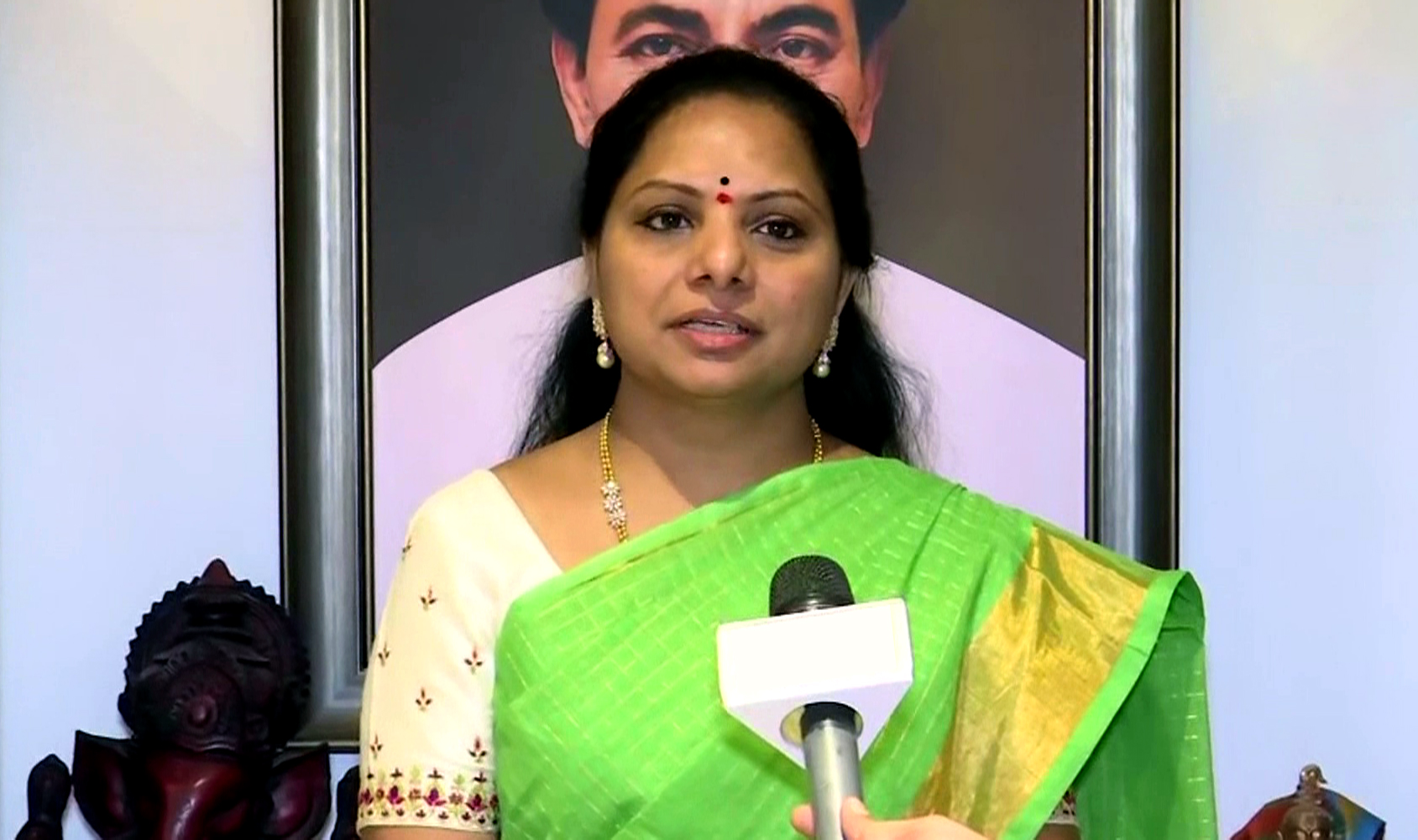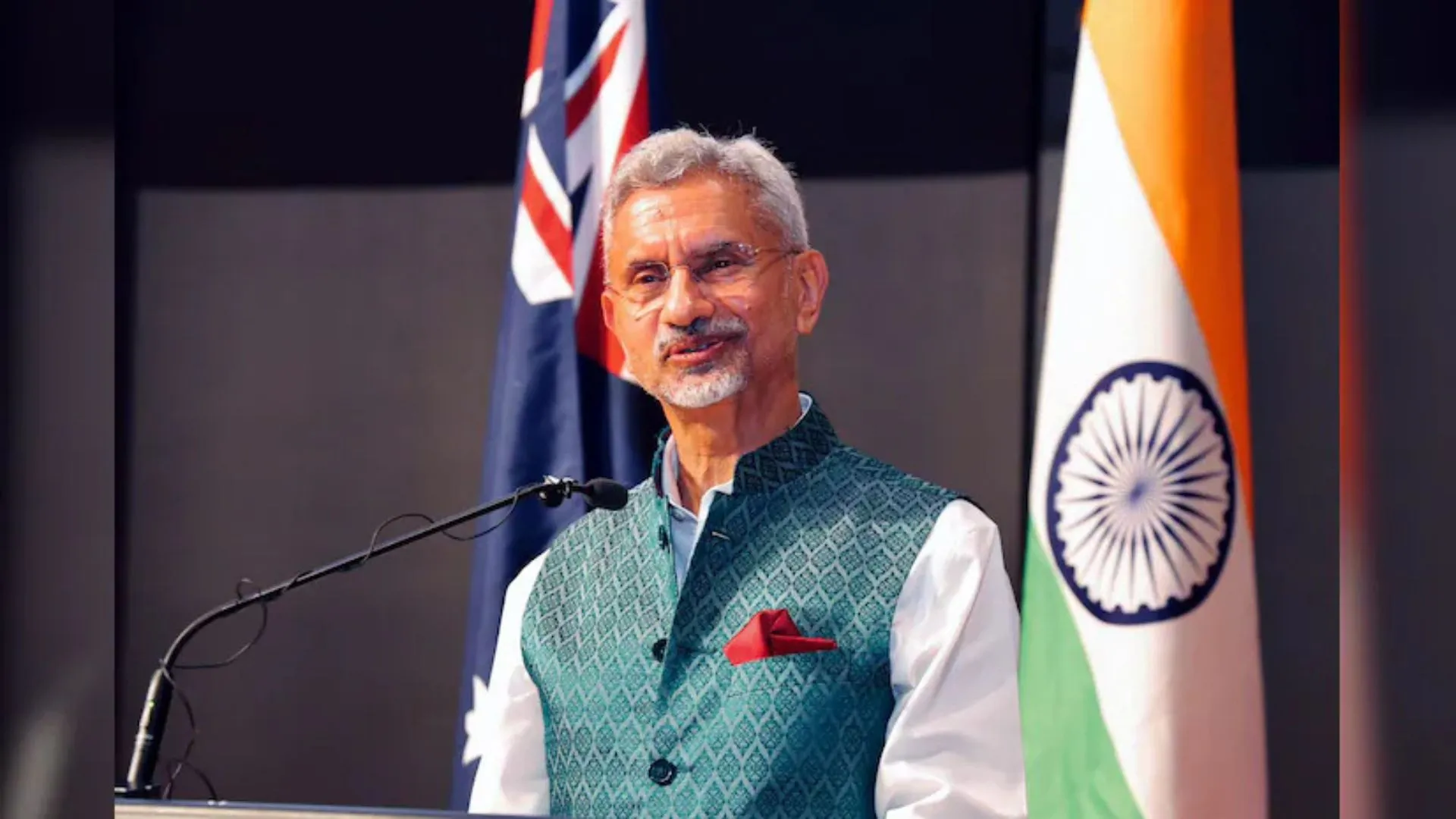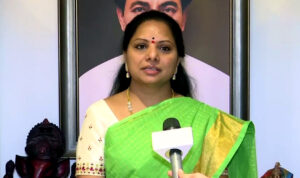The Rouse Avenue Court of Delhi ordered on Monday that Bharat Rashtra Samithi (BRS) leader K Kavitha will be in judicial custody until April 23, 2024, in connection with the excise policy case.
Special Judge Kaveri Baweja issued the order after the Central Bureau of Investigation (CBI) expressed no desire for her custodial remand in the matter, noting K Kavitha’s lack of cooperation.
Physically produced before the court at the conclusion of her three-day remand, K Kavitha was sent to judicial custody by the court. The judge remarked that based on the evidence collected by the investigating agency, a detailed and sustained interrogation of the accused seemed necessary.
The court further noted the agency’s indication that custodial interrogation of several accused was required to confront K Kavitha with evidence and witnesses, thereby unraveling the larger conspiracy.
BRS leader K Kavitha was apprehended by the CBI last week while already in judicial custody in the ED case. Advocate Nitesh Rana, along with Deepak Nagar and Mohit Rao, represented K Kavitha in court.
Earlier, the CBI had stated in its remand application that Kavitha Kalvakuntla’s arrest was necessary to conduct custodial interrogation, establish the money trail, and unearth the larger conspiracy related to the excise policy formulation and implementation.
The Directorate of Enforcement (ED) arrested K Kavitha MLC, Telangana Legislative Council, on March 15, 2024, in connection with the alleged liquor policy scam.
The CBI inquiry was initiated based on findings of prima facie violations in various acts and rules, including the GNCTD Act 1991 and Delhi Excise Act-2009.
Both the ED and the CBI alleged irregularities in modifying the excise policy, extending undue favors, waiving or reducing license fees, and causing losses to the exchequer.
These allegations include instances of refunding earnest money deposits against set rules, allowing waivers on license fees due to COVID-19 without proper authority, resulting in significant financial losses.














